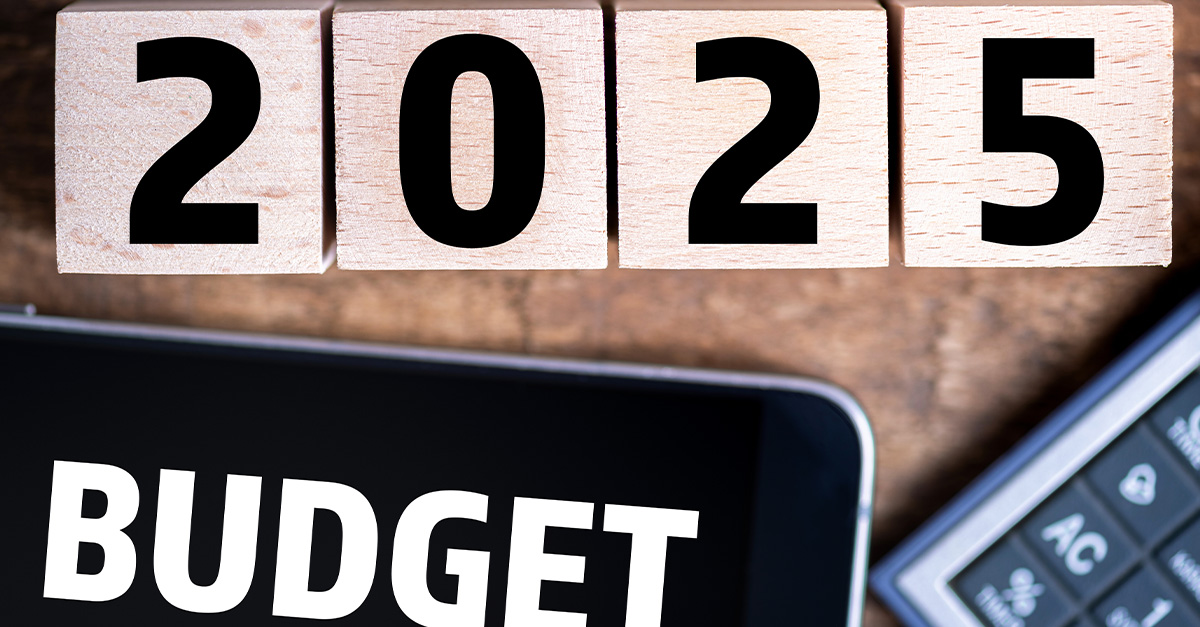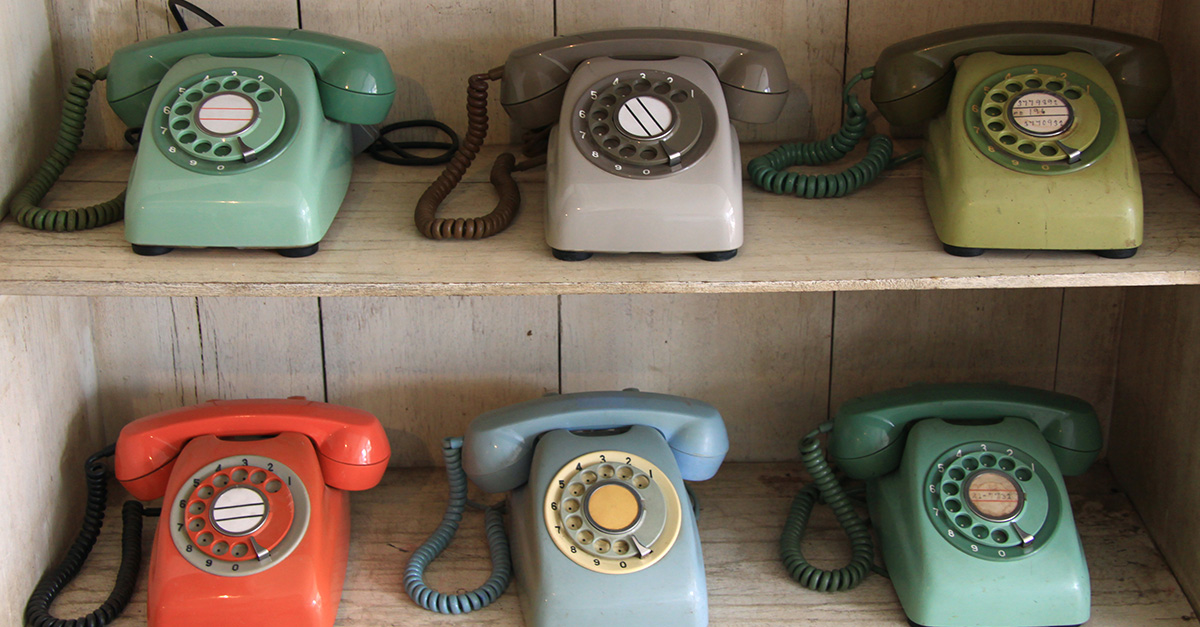In your mid-forties and still renting, it’s easy to feel like you've missed the boat on homeownership—especially when housing prices keep rising all the time. But the real question isn’t about age, but whether buying a home aligns with your financial goals, lifestyle, and long-term security. For many, it still makes sense—if approached strategically.
Reframe The Timeline Of Homeownership
Gone are the days when buying a house in your twenties or thirties was the universal norm. People are living longer, working later, and redefining financial milestones. Buying in your forties still gives you decades to benefit from property ownership, equity growth, and stability—especially if you plan wisely.
Consider Renting Versus Building Equity
Renting offers flexibility, but every rent payment goes to your landlord’s equity, not yours. Even if you start a 25- or 30-year mortgage in your forties, you’re still investing in an asset that could appreciate, while providing housing security in retirement—something renting won’t guarantee if costs keep rising.
Factor In Current Market Conditions
Yes, housing prices are high in many areas, but so are rents. Interest rates, local market trends, and your personal financial health should drive your decision more than age alone. Sometimes, buying a modest or fixer-upper property in a less competitive area can be a smart entry point, even later in life.
Assess Your Financial Readiness
Before diving in, review your savings, credit score, and debt levels. A larger down payment can offset higher home prices and reduce monthly mortgage costs. At this stage, lenders may also view you as a lower risk if you have a stable career and solid financial history, improving loan options.
Think About Retirement Planning
Owning a home can complement retirement strategies by reducing housing expenses later in life. Entering retirement with a paid-off or low-cost mortgage can provide financial peace of mind. On the other hand, locking yourself into an expensive mortgage without a clear payoff plan could strain future finances.
Prioritize Flexibility And Resale Value
In your forties, it’s wise to think about buying a home that offers flexibility. Look for properties in areas with strong resale value or rental potential. This way, if your circumstances change—whether due to career shifts or lifestyle—you’re not trapped in a property that’s hard to sell or rent out.
Avoid Rushing Due To Pressure
It’s important not to buy just because you feel behind. A rushed purchase can lead to buyer’s remorse, especially if you stretch beyond your budget. Take time to understand what you can comfortably afford and whether homeownership truly fits your long-term goals—not just societal expectations.
Explore Alternative Paths To Ownership
If traditional home buying feels out of reach, consider alternatives like co-buying with family, looking into rent-to-own options, or purchasing smaller properties like condos or townhouses. These approaches can offer a foothold in the market without the overwhelming costs of standalone homes.
Remember That Renting Isn’t Failure
While homeownership has its benefits, renting can still be a smart choice depending on your lifestyle. If mobility, lower maintenance responsibilities, or investing in other assets suits you better, there’s no shame in continuing to rent. Financial success isn’t solely defined by owning property.
It’s About Strategy Not Age
Being in your mid-forties doesn’t disqualify you from buying your first house, but it means your approach should be sensible and fit your future plans. If buying a home supports your financial security and personal goals, it can absolutely make sense. The key is to buy smart and to view homeownership as part of a balanced financial picture—not a race against time.
You May Also Like:
Surprising Things That Increase Your Property Value
Bill Gates Says There Are 12 Things Younger Generations Must Do










